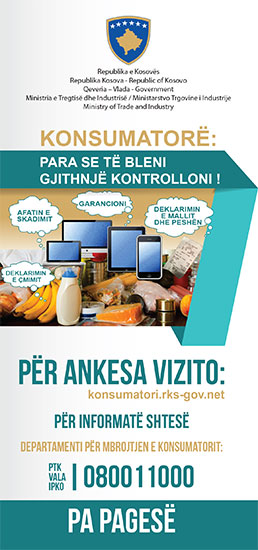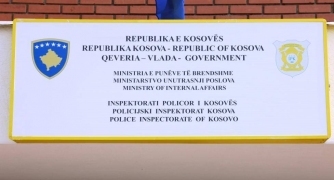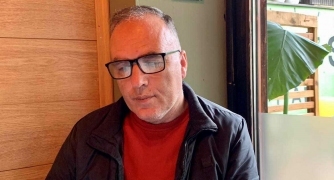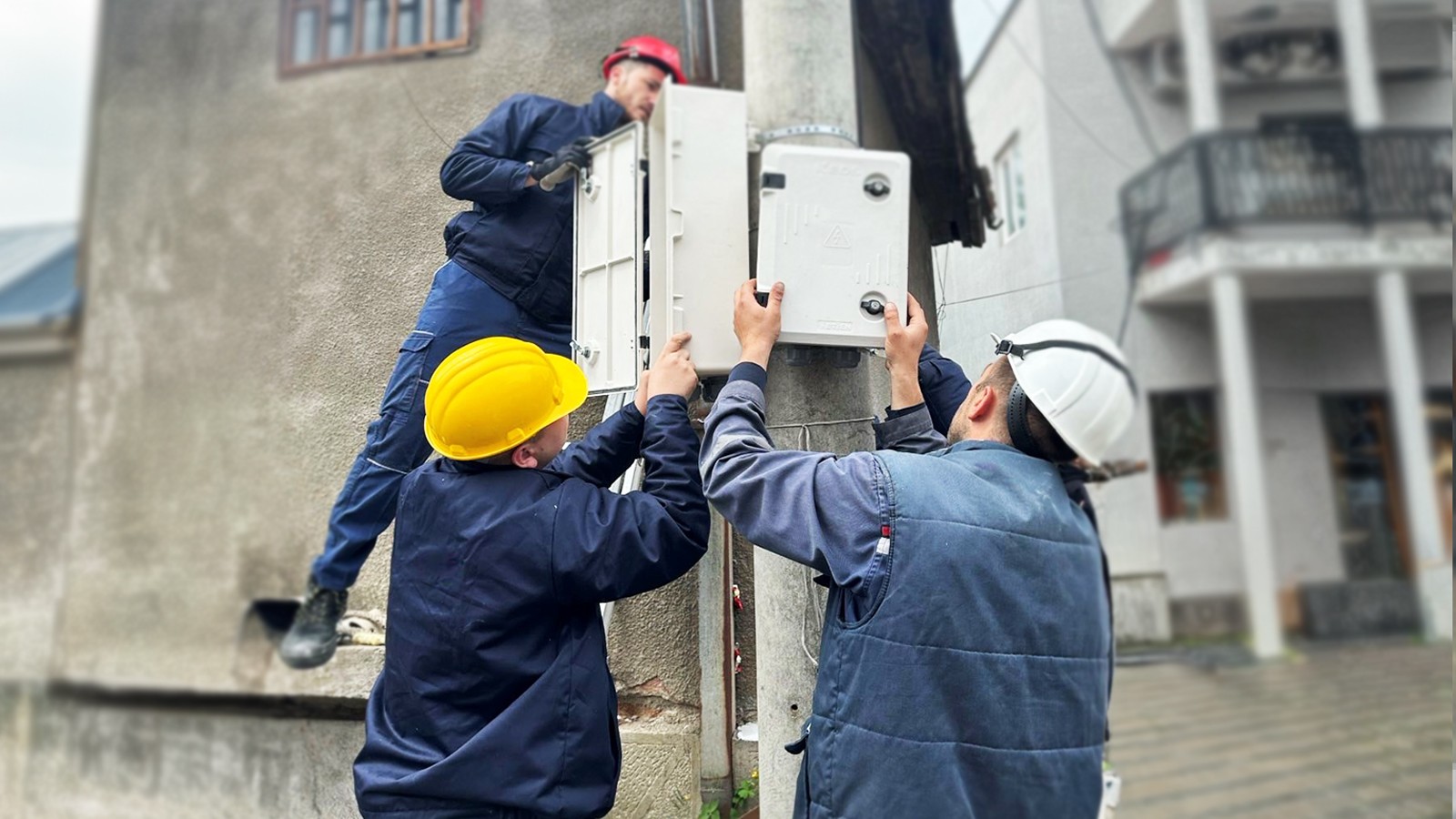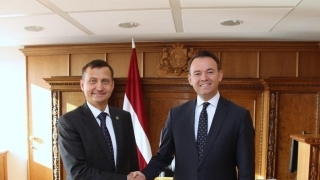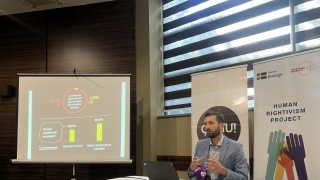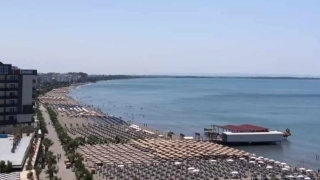Family businesses showcase their products with the help of EU funds



Pristina, 28 may - In an effort to promote socio-economic development of minority communities in Kosovo, an EU-funded project organised a business fair offering community members an opportunity to present their works, products as well as find new market linkages and networking.
The event marks the end of the programme which supported 233 small and medium-size family businesses and 84 community development projects and subsequently created more than 830 jobs in minority areas over the last three years.
This project is part of the programme which started in 2002 and since then supported over 2,100 family businesses by creating over 8,000 jobs in minority disadvantaged areas.
Through the EU-funded project, over 230 families of minority communities set-up and expanded their farms, greenhouses, fruit production, bakeries, hairdressers, carpenters and blacksmith workshops.
In addition the project offered the beneficiaries training to better manage their businesses, finances and bookkeeping. It also offered them support for better labelling, creating linkages with other businesses and finding new markets.
The project has also supported 83 community development initiatives which included improvement of sports and learning facilities at primary or secondary schools, rehabilitation of cultural centres, provision of musical instruments and improvements of village infrastructure.
The EU-funded Community Stabilisation Programme secured more than 830 jobs and improved the livelihood of more than 65,000 people in minority areas.
It was co-financed by the Ministry of Communities and Return and implemented by the International Organisation for Migration (IOM). The next phase of the programme is expected to start by the end of 2015.






